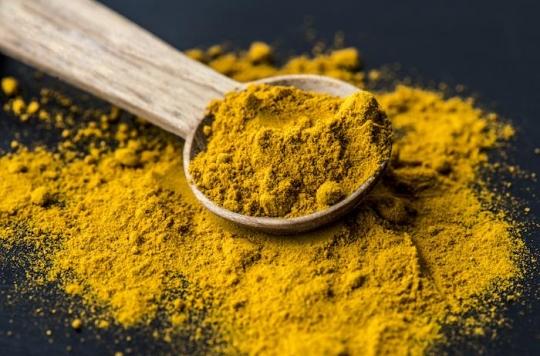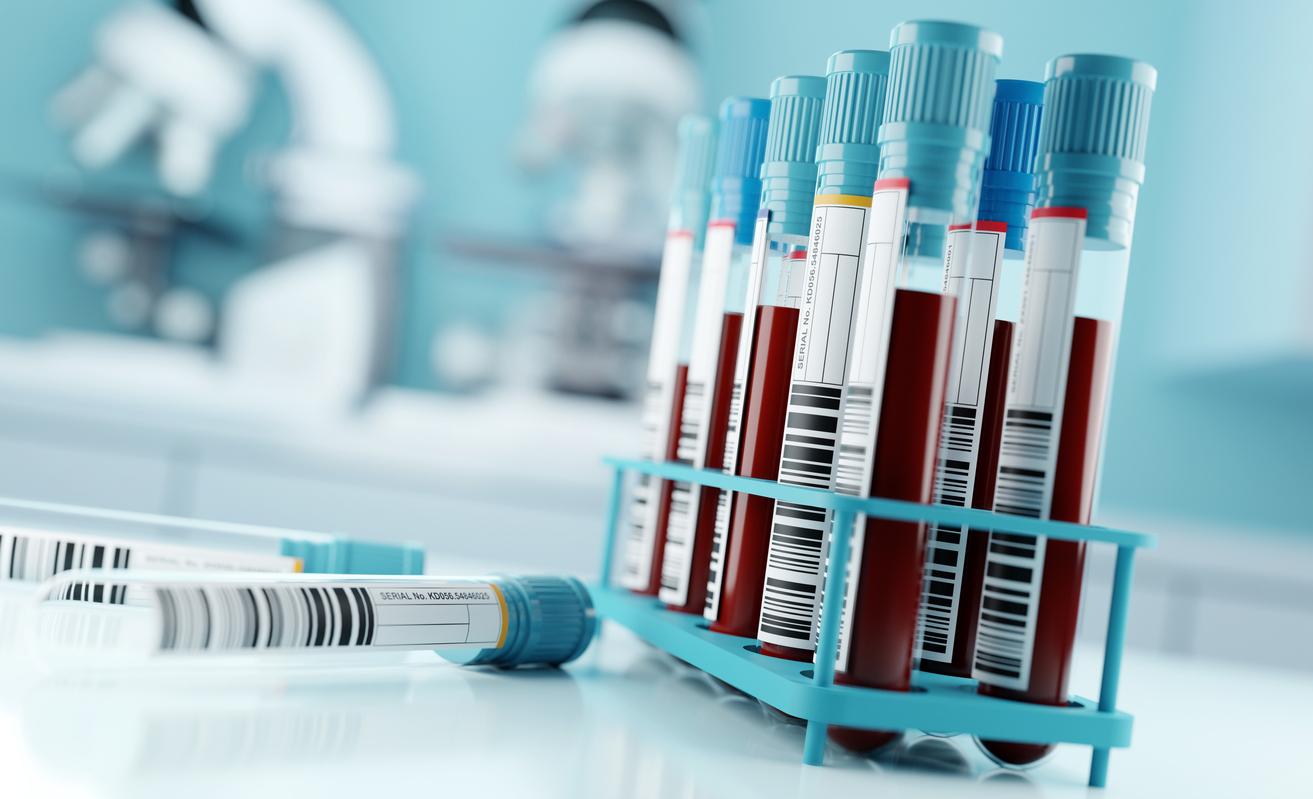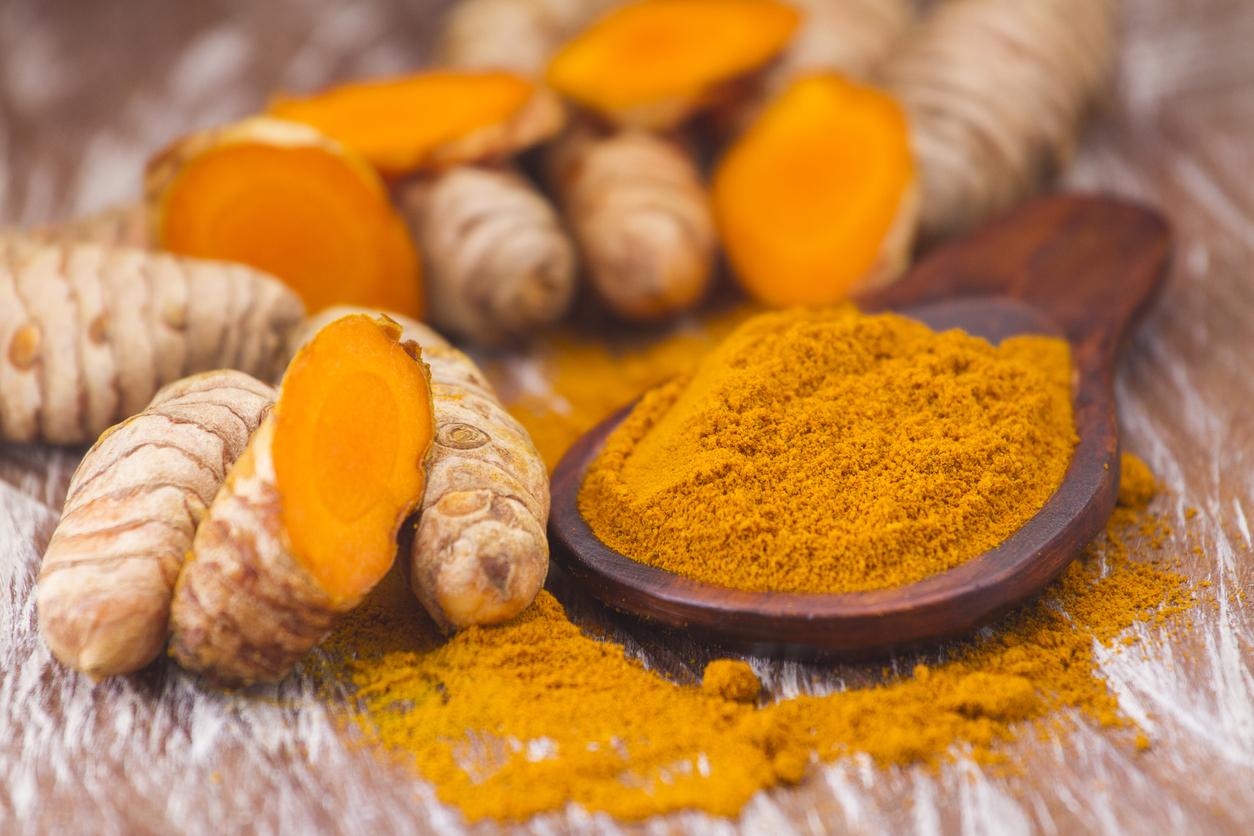Contrary to the message conveyed by popular beliefs, and various dietetic readings, a large controlled study could not establish that turmeric reduced the risk of inflammation.

A large randomized trial on turmeric, that is to say a study model that allows to determine cause and effect relationships, demonstrated that this dietary supplement had no positive effect on inflammation.
Specifically, curcumin, the active medicinal ingredient in turmeric, has not helped prevent inflammatory complications in patients who have had surgery (to repair an aortic aneurysm) as reported by previous studies.
Indian and Chinese medicine
“Turmeric has been used for thousands of years in Indian and Chinese medicine, and curcumin is very popular today, used as a natural health supplement,” says Dr. Amit Garg, one of the authors of the research. Yet “in this trial, perioperative oral curcumin had no effect on complications of abdominal aortic aneurysm repair,” he says.
Despite the growing popularity of curcumin in health nutrition, few rigorous clinical trials have so far been conducted on its health effects. To address this lack of data, researchers analyzed the medical records of 606 patients scheduled to undergo elective abdominal aortic aneurysm repair surgery in 10 Canadian hospitals.
Kidney damage
Before the operation, participants were instructed to ingest either a high dose of oral curcumin (2000 mg twice daily for four days) or a placebo. Result: no positive effect of curcumin on postoperative inflammation was objectified compared to placebo.
Worse: there was even an increased risk of post-surgical kidney damage in patients who took curcumin.
“Our results underscore the importance of testing turmeric and curcumin in rigorous human clinical trials before touting its health effects, as the press is currently doing,” the authors warn.
Turmeric gel
Remember, however, that last year, a study showed that a curcumin-based gel would better heal mild to moderate burns, while reducing pain and inflammation. “The preparation allows penetration of the skin”, then explained Dr. Madalene Heng, co-author of the work. Conversely, “absorbed orally, curcumin is very little assimilated by the body and does not work as well”, she confessed.
Turmeric (Curcuma longa) is a plant of the Zingiberaceae family, native to India and Malaysia. From its powdered rhizomes is extracted the spice of the same name.


.

















